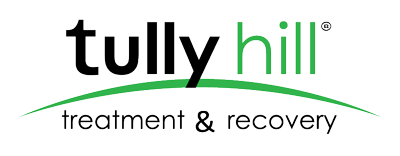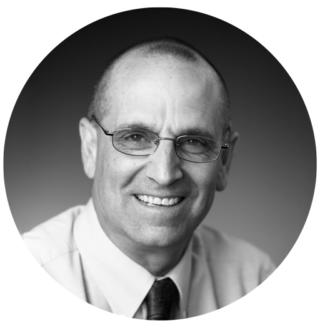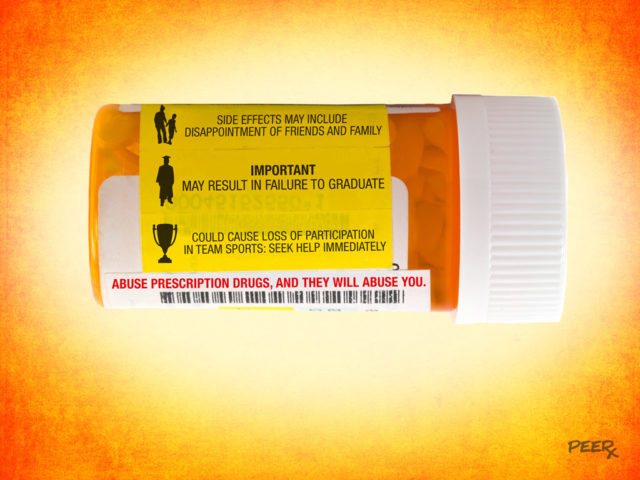It’s time to dispel some common myths about undergoing treatment for alcoholism and alcohol abuse, two primary substance use disorders. Italicized below are the most common myths about treatment for them that we encounter at Tully Hill. Directly below them, we’ve listed what we’ve experienced in 28 years of helping patients and families recover from alcoholism and alcohol abuse. We want anyone seeking help to know the reality of treatment, and not be influenced by these numerous myths:
“You have to want treatment for alcoholism and alcohol abuse for it to work”
- Virtually no one wants substance use disorder treatment
- Courts often order people to treatment
- Loved ones often urge people to get treatment
- Many scientific studies have shown that those who enter substance use disorder treatment programs do well in them when motivated to confront and try and surmount their disorder, including alcoholism and alcohol abuse
“I’d have to be unemployed or homeless to need rehab”
- Heightened awareness of alcoholism and alcohol abuse treatment negates this myth
- People now seek treatment much earlier than before
- “Hitting bottom” often meant losing everything-job, home, family, possessions. Today, this often is not and does not have to be the case.
“If I go to treatment, I’ll lose my job”
- Many people enter substance use disorder treatment now to keep their jobs
- Employers won’t tolerate alcoholism and alcohol abuse among employees
- Employers know holding a job for someone in treatment generally makes good economic sense
- Employers know waiting for someone to complete treatment is often considered a better decision.
- Federal (American Disabilities Act) and state (FMLA) law affords various protections for those seeking treatment
“Alcoholics and other people suffering from substance use disorders are coddled in treatment”
- Nearly all who successfully complete treatment say the experience balances compassionate care and a strong dose of reality
- Alcoholism, alcohol abuse, and other substance use disorders are life-threatening illnesses that thrive on denial.
- Effective treatment breaks down this denial, built and fortified over years, to change the person’s life
- People suffering from substance use diusorders often demonstrate thinking errors, self-centeredness, immaturity and a lack of social skills
- Each must be addressed as compassionately as possible and as directly as necessary – ‘save the life, spare the feelings’
“Treatment centers force religion on their patients”
- Tully Hill uses the widely accepted recovery model developed by Alcoholics Anonymous in the 1930s.
- This model encourages reliance on a “higher power,” something outside the person suffering from a substance use disorder that is greater than themselves -AA is not allied with any denomination or religion
- Some people in recovery do join a religion or increase participation in one
- Tully Hill accommodates a wide variety of beliefs and uses the spiritual model because it works
“If I go into treatment, I won’t see my spouse or children for weeks”
- Data proves that people suffering from substance use disorders have a better chance of quitting – and staying stopped – when their family members participate fully in treatment and recovery
- Tully Hill strongly encourages the families of patients to gain a better understanding of how their disease has affected them, and to commit to their own programs of change and healing
- Substance use disorders are “family diseases,” so the whole family can benefit from its own recovery program
- Patients interact with family members throughout treatment at Tully Hill
“Treatment is only available or effective on an inpatient basis”
- Most effective treatment is based on accurate evaluation and diagnosis, and subsequent placement at the appropriate level of care
- Treatment could involve various levels of Inpatient, Outpatient, or a combination of both
- Tully Hill has a vast resource network of professional outpatient, long-term, and other recovery-related facilities available for referral, not just for Inpatient treatment










